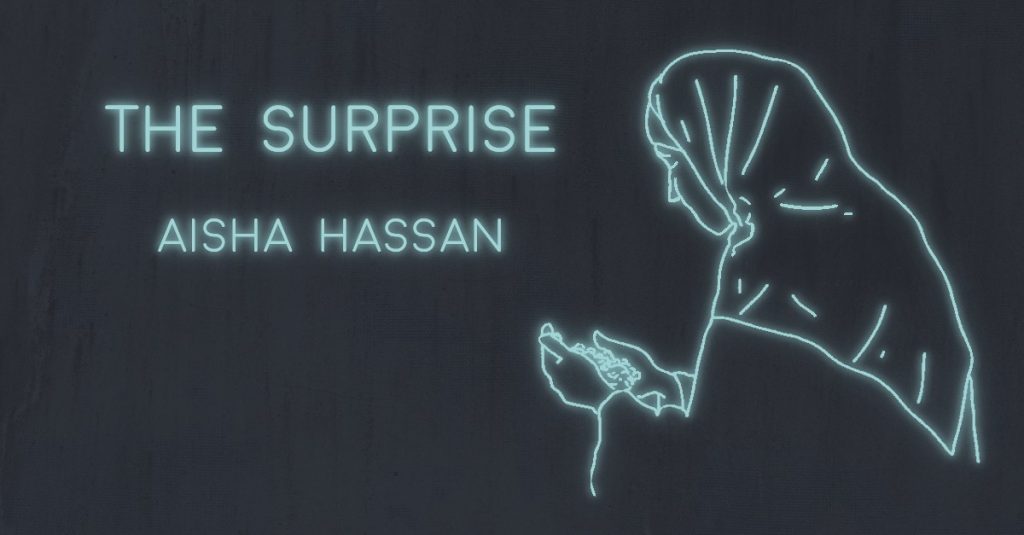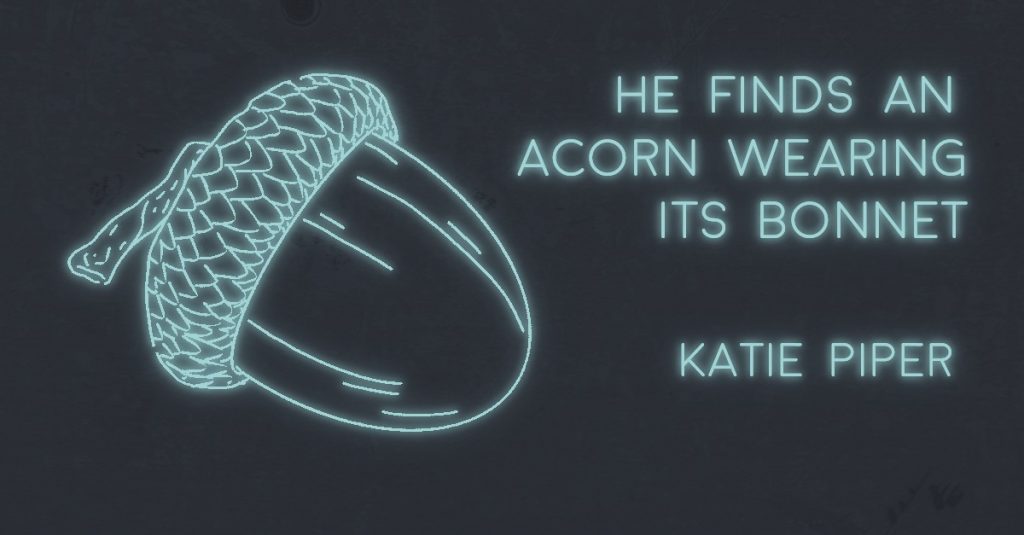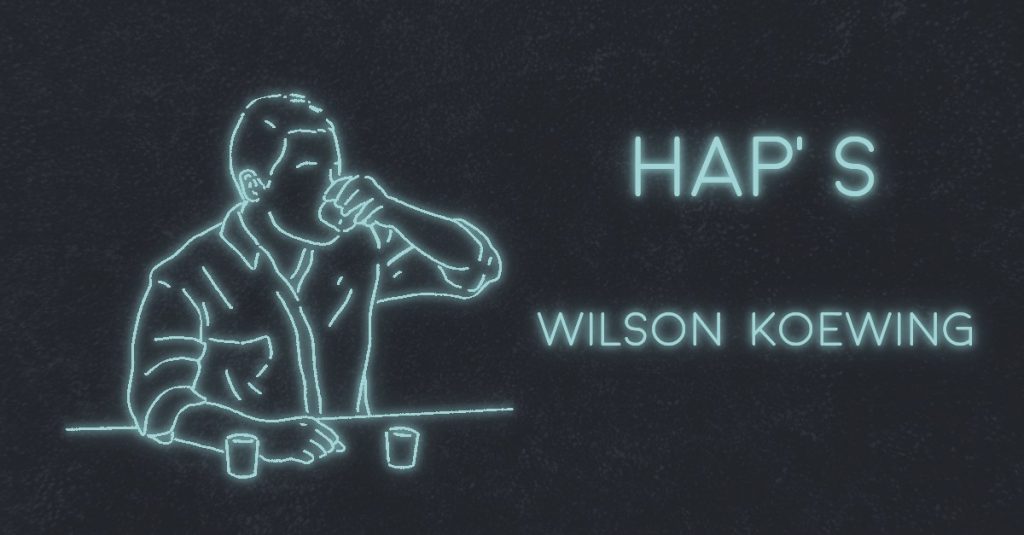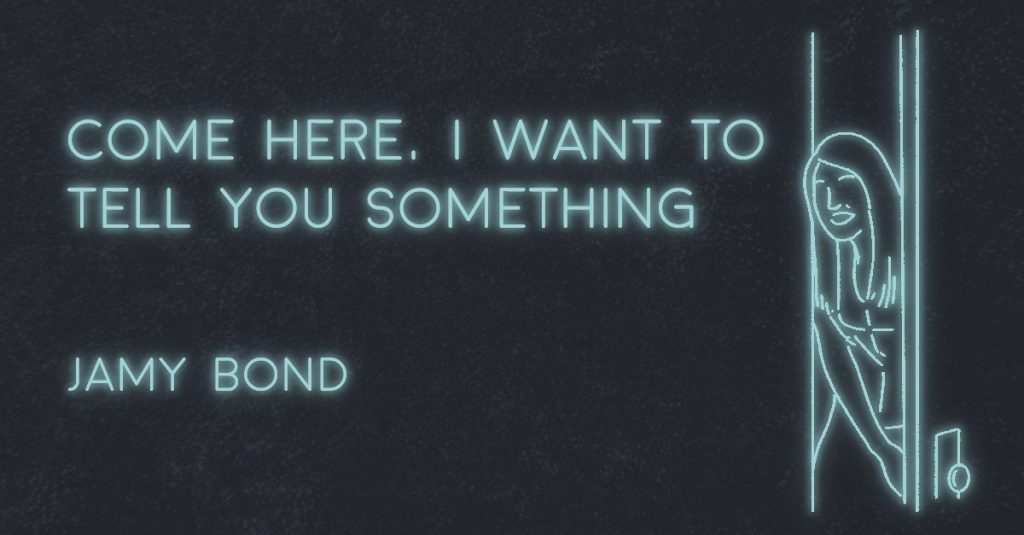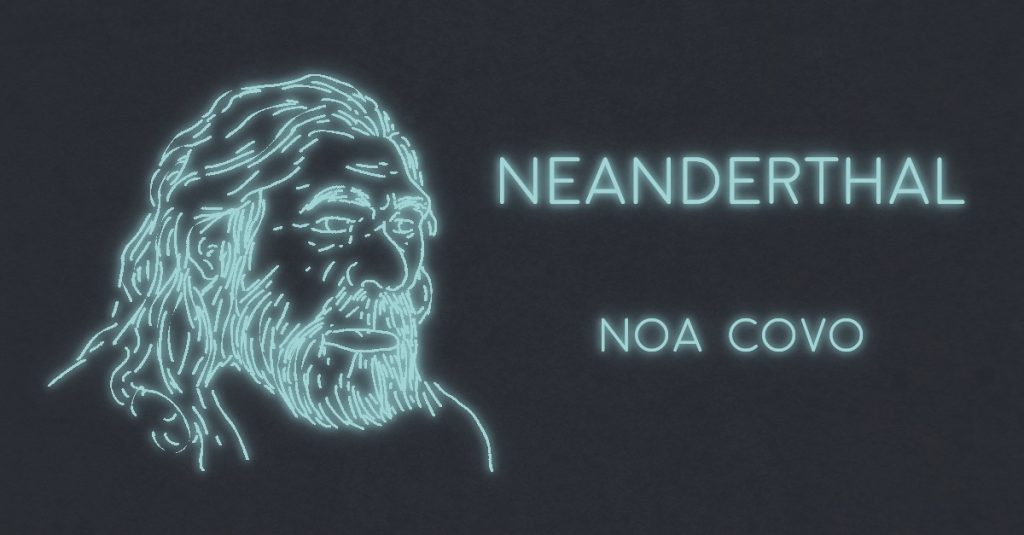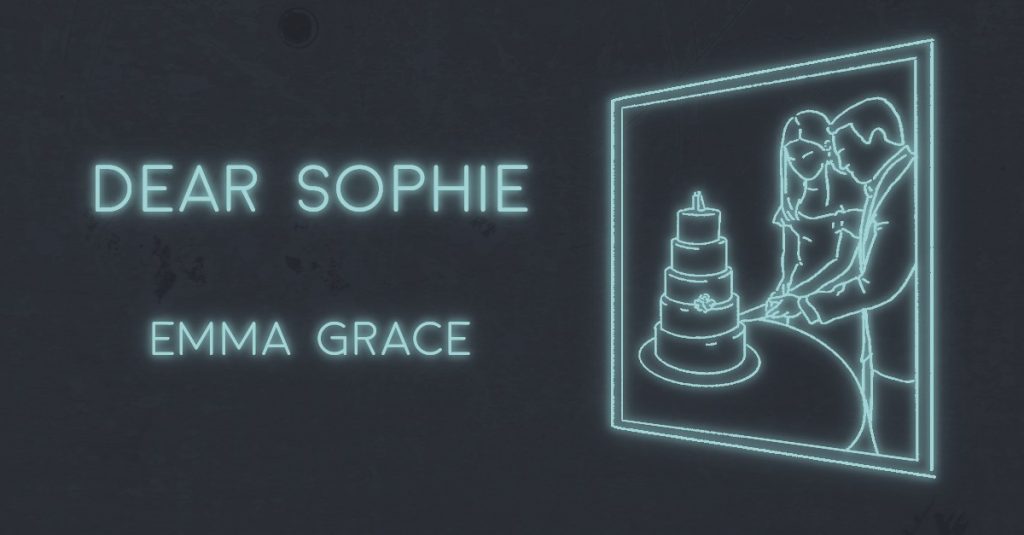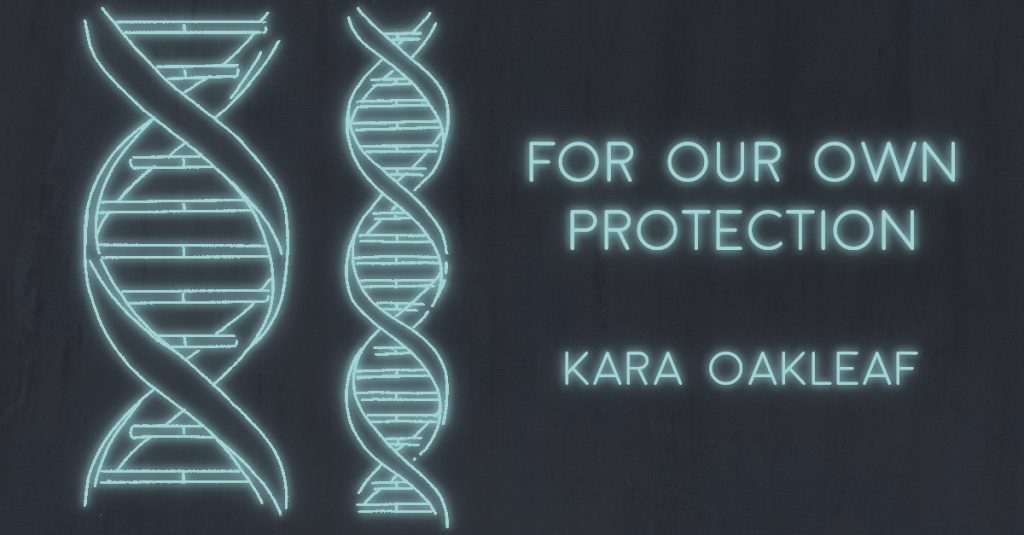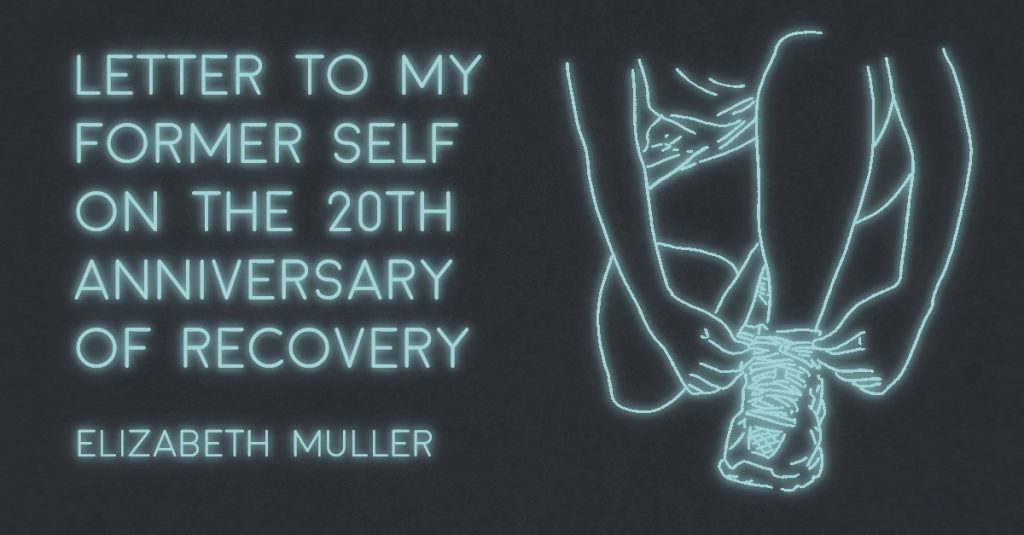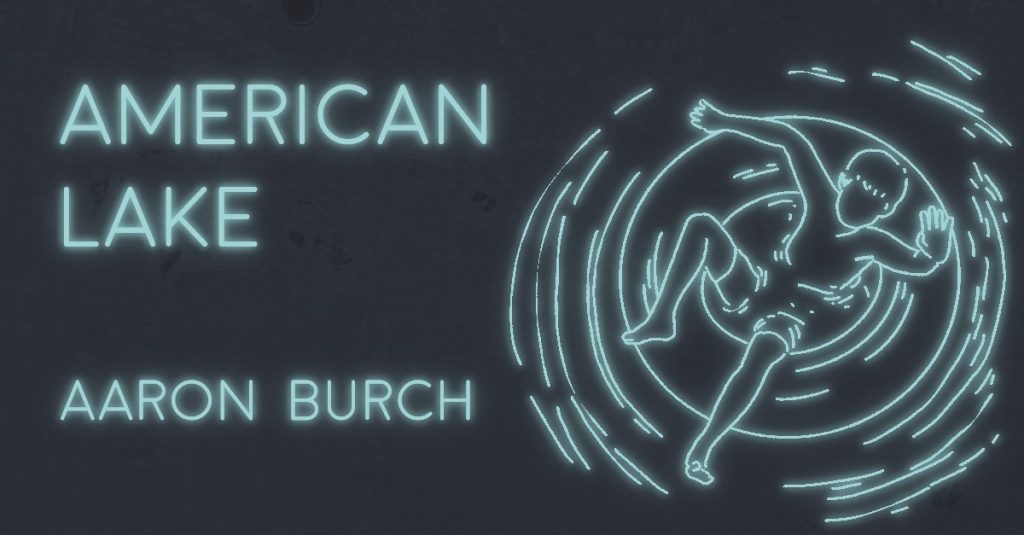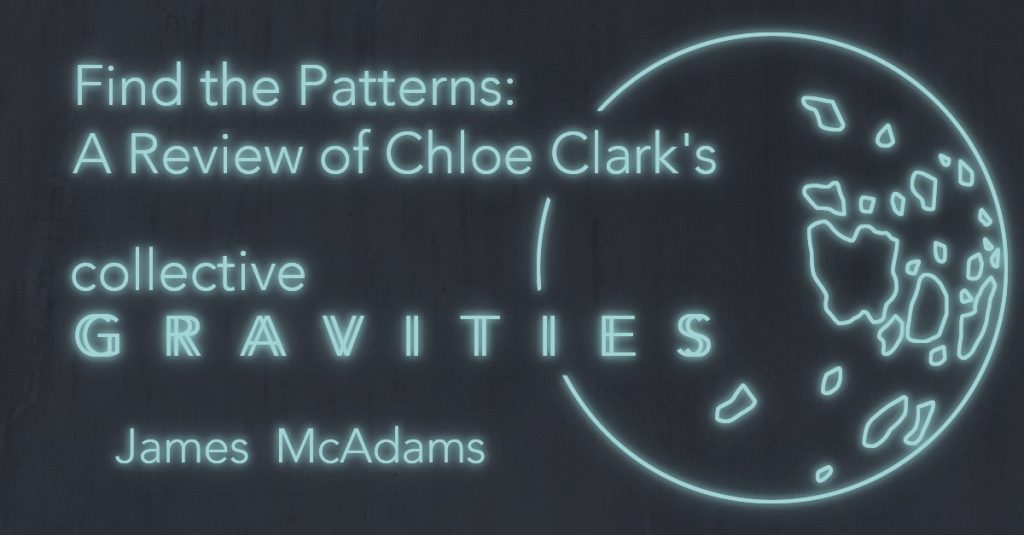
“FIND THE PATTERNS”: A Review of Chloe N. Clark’s Collective Gravities by James McAdams
To lift one particularly apposite description of a character in “Like the Desert Dark,” Chloe N. Clark “likes thinking about ‘ifs.’” Collective Gravities, her third collection (The Science of Unvanishing Objects, Finishing Line Press; Your Strange Fortune, Vegetarian Alcoholic Press), posits a world replete with paranormality. Like a symphony, these stories repeatedly touch upon the same subjects, explored, revealed, and experienced from a diverse variety of narrative perspectives. We can represent the frequency and range of this symphonic collection numerically. Subjects (admittedly subjective): # Stories these subjects occur in: astronauts/paranormal investigation…

